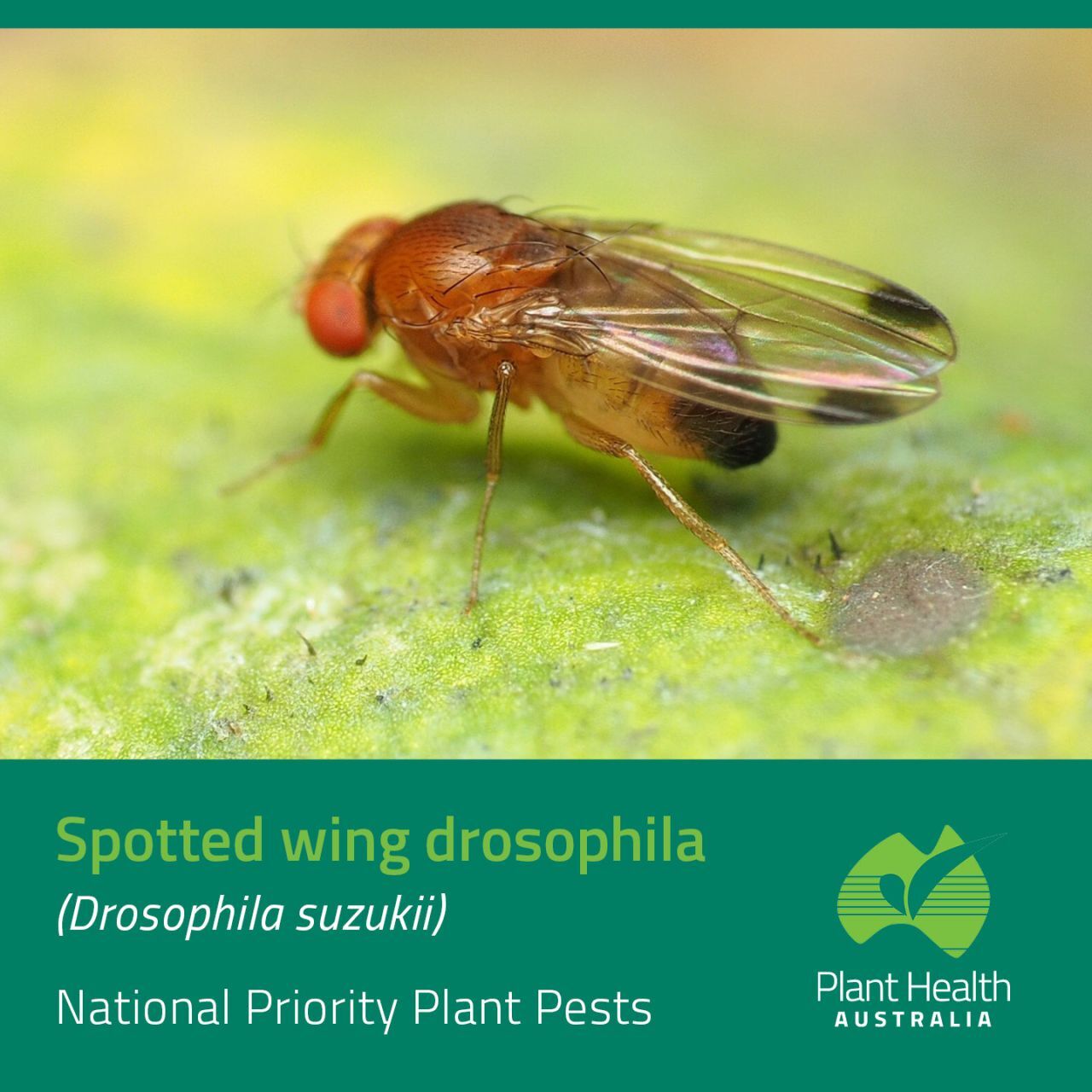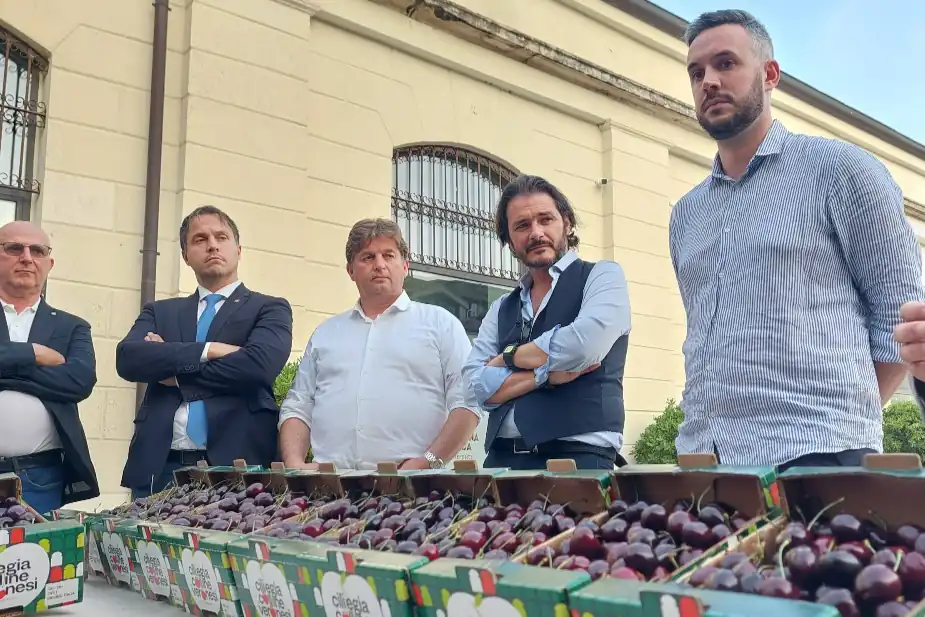The first cherry processing line made its debut in Ovalle last 2023 and, once the season is over, it is time to make some financial reports.
"It was an extraordinary project for us at the Teno Group, but due to the situation we had to face the perfect storm," says Miguel Ángel Lorenzini, Director of Teno Pack, who was able to set up and run an 'express' operation for just over a month.
The company's gamble made it possible to process the fruit in the region itself, saving the journey that local produce used to make - and still makes - to the Metropolitan or O'Higgins regions (between 500 and 600 km), to then be shipped from Santiago airport.
The operation, which started on 23 October with the processing of fruit from the La Italiana farm, processed and packed around 300 tonnes of fruit during the month and a half that the operation lasted (until the first week of December), a figure that is within the expectations of the Teno group, which planned to process around 200-250 tonnes from local producers and companies.
Packaging percentages reached 94.4%, which made both producers and the Teno group very satisfied.
However, the presence of fruit flies in some parts of the valley in the Coquimbo region prevented aerial shipments of cherries to China from the first week of November. It should be noted that the Ovalle fruit, being an early fruit, is mainly destined for air shipments, as it does not enjoy long post-harvest conditions like the varieties that abound in central and south-central Chile.
However, the presence of fruit flies in some parts of the valley in the Coquimbo region prevented aerial shipments of cherries to China from the first week of November. It should be noted that the Ovalle fruit, being an early fruit, is mainly destined for air shipments, as it does not enjoy long post-harvest conditions like the varieties that abound in central and south-central Chile.
Despite this, shipments to China were made in cold-processing containers, which managed to arrive 'in perfect condition', according to Lorenzini, although at one point it was feared that they might not arrive in such good condition.
"We were able to ship no more than 10 per cent of the fruit by air and the remaining 90 per cent in containers," Lorenzini explained to Redagrícola.
Circumstances this season also allowed Teno Pack to look for new alternatives for fruit, due to the detection of the fruit fly. For this reason, they also diversified their exports, and some of the processed fruit went to markets such as Spain, South Korea, Thailand, among others, where they found good trade windows, although the main market continued to be China with cold-treated containers.
This first, complicated but successful challenge started as a gamble for Teno, but the results would lead them to repeat this process in the following season.
"The challenge was to install a machine for producers in the northern area, and the results are very good," Lorenzini says. Despite the difficulties, the Teno Pack manager emphasises that "against all odds, we will do it again," adding that the idea is to organise more time and even add another machine for processing, realising that the operation "has worked and is a viable alternative for producers".
"The installation and operation of this line, with the experience of Teno Fruit, allowed us to have a real and immediate alternative for the fruit that was being harvested," says Jorge Astudillo, Valle Arriba's technical manager and cherry consultant for the area.
This has allowed to have a positive balance in terms of production and good yields despite the fruit fly problem. In addition, Astudillo comments that the presence of the processing line in the region allowed the growers to know more about the post-harvest work of the fruit produced in real time, and thus to have immediate quality reports, which would help them to make immediate changes to the harvest.
Moreover, with the presence of the fruit fly, having a processing plant in the area was also an important alternative to the quarantine processes that occur with these catches, considering that plants in the south would not be able to receive fruit from the area.
Source: Redagrícola
Image: Teno Fruit
Cherry Times - All rights reserved










